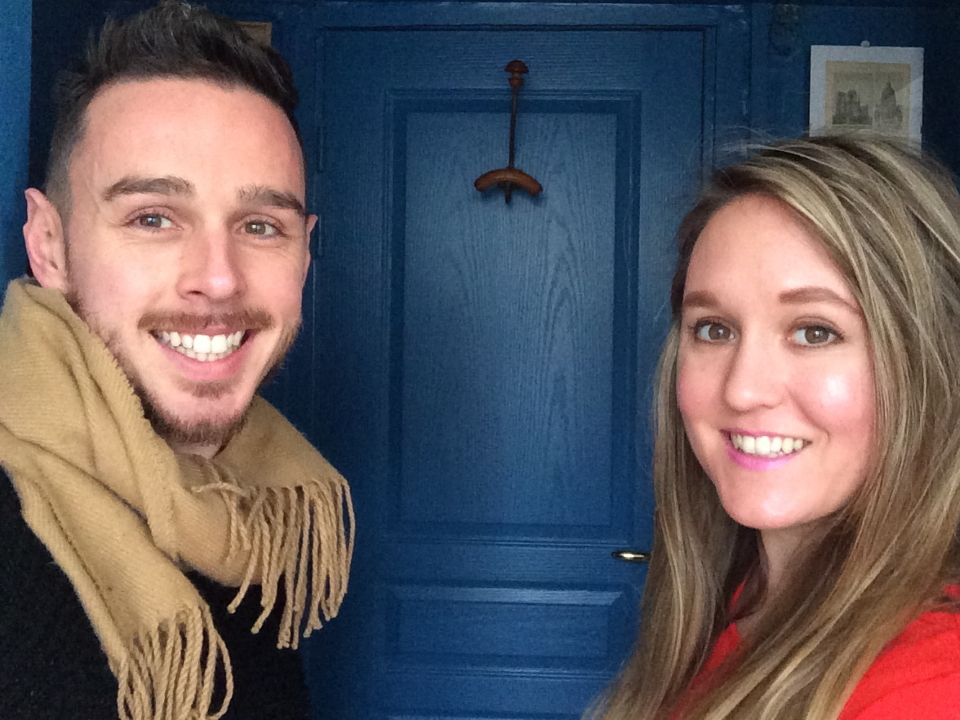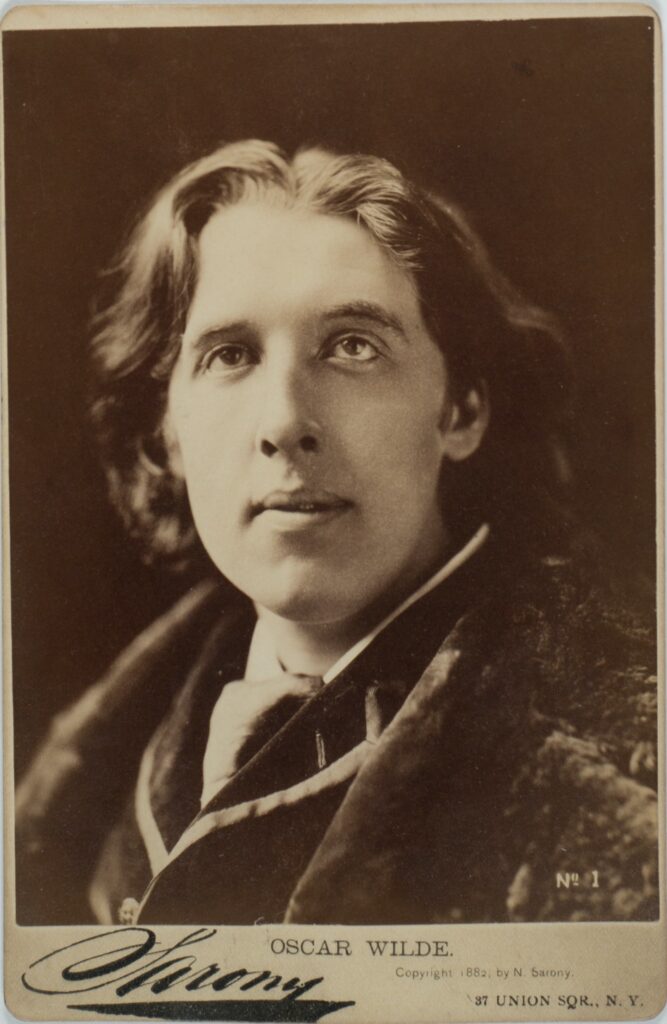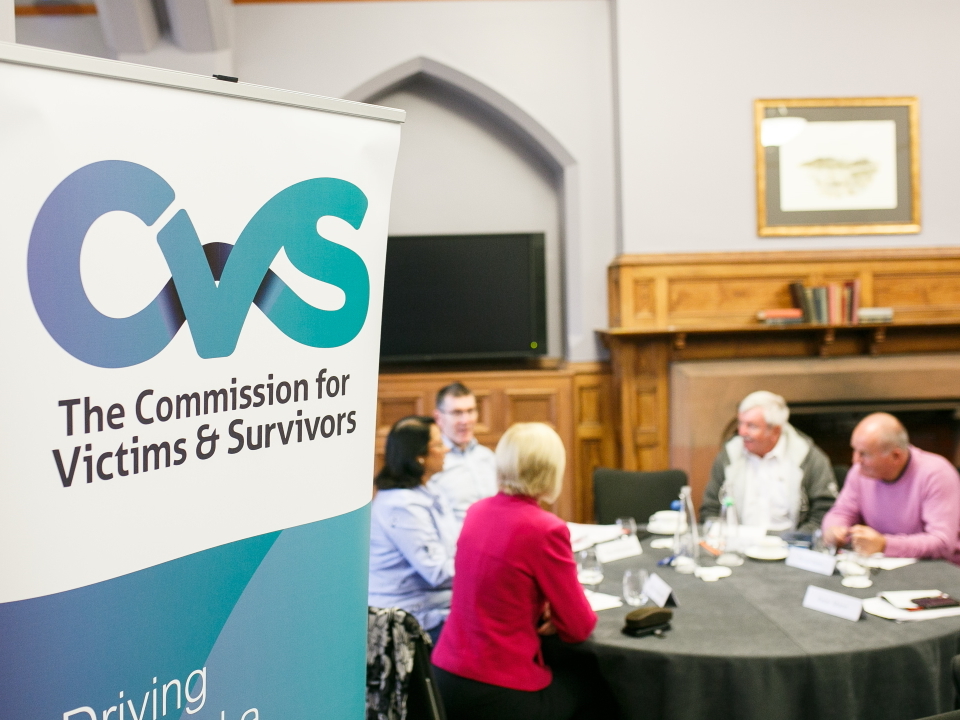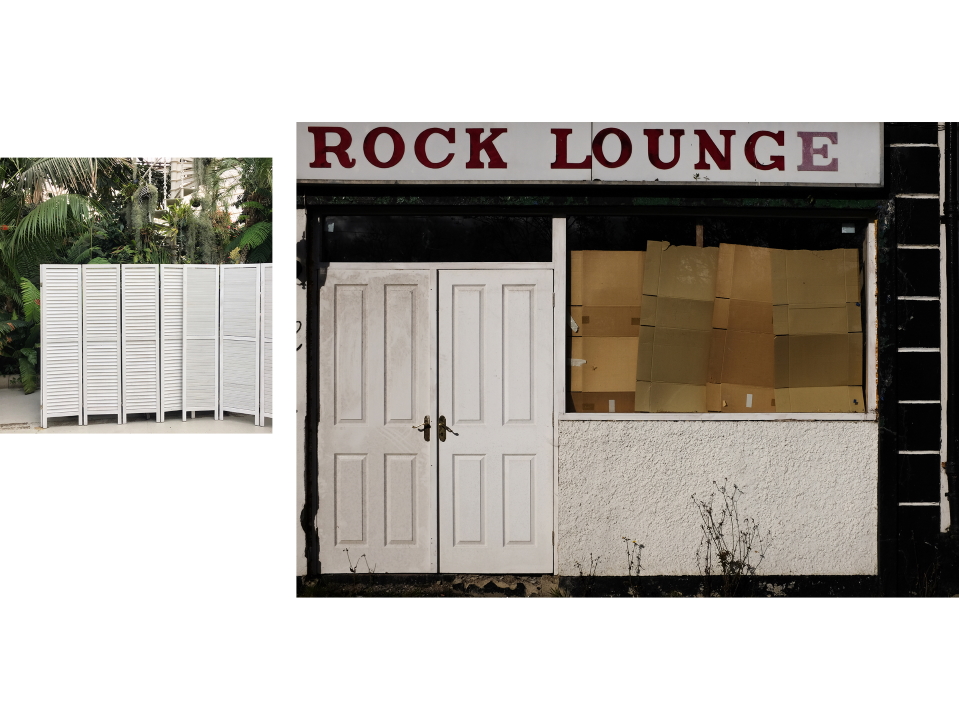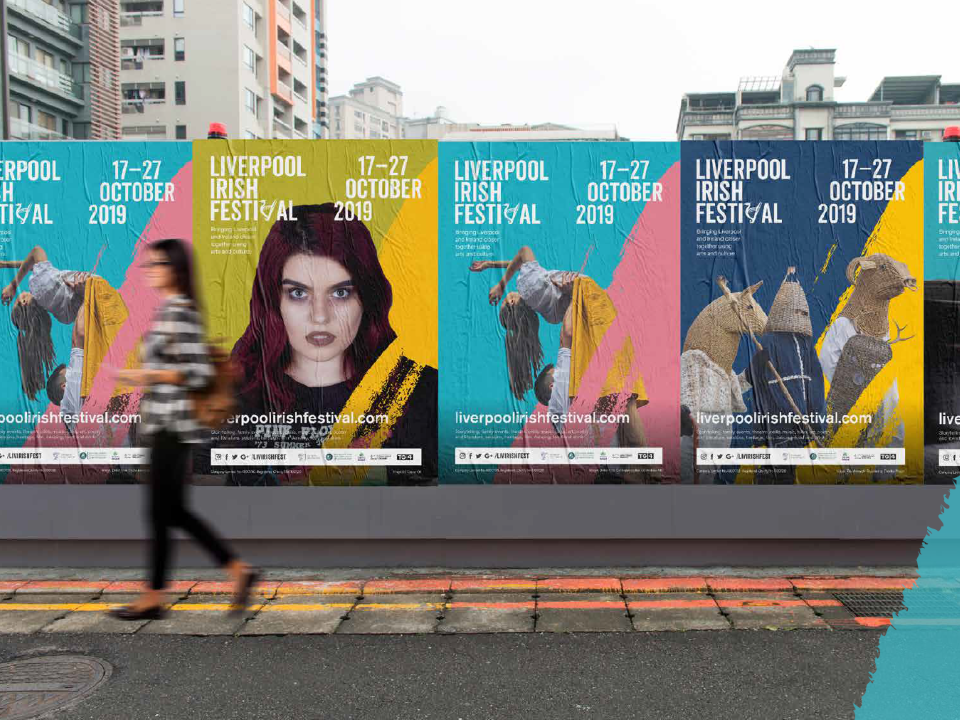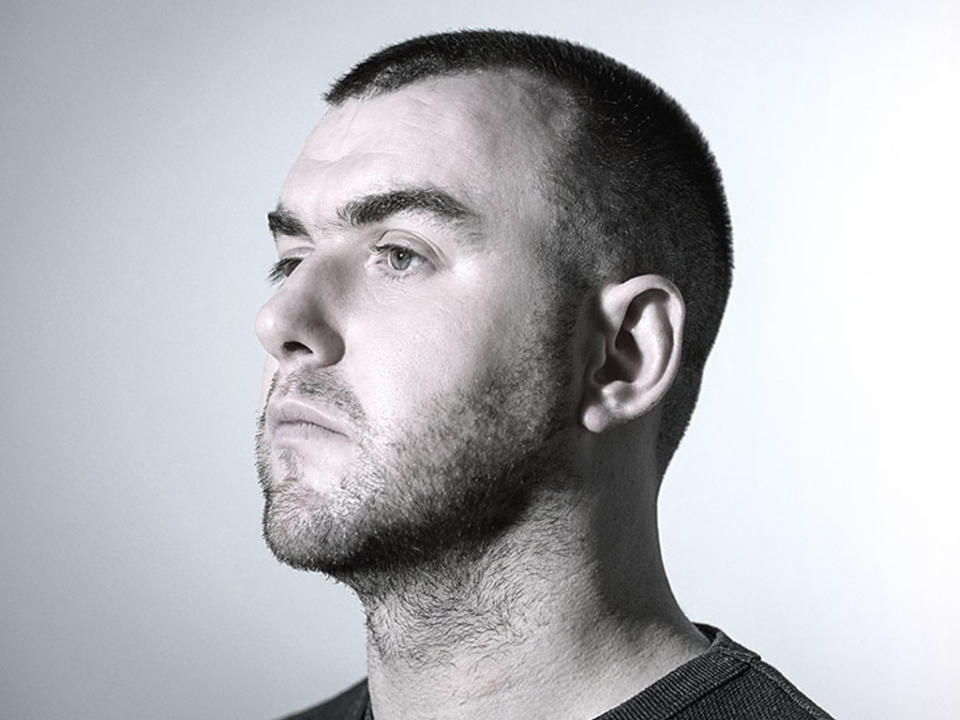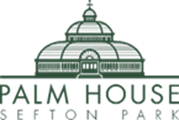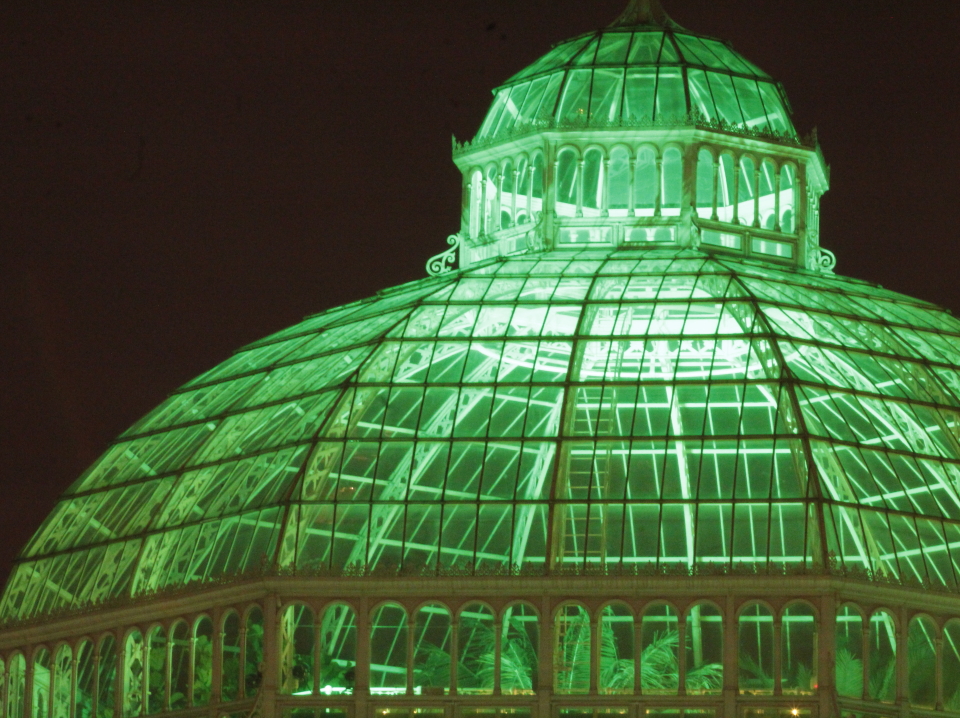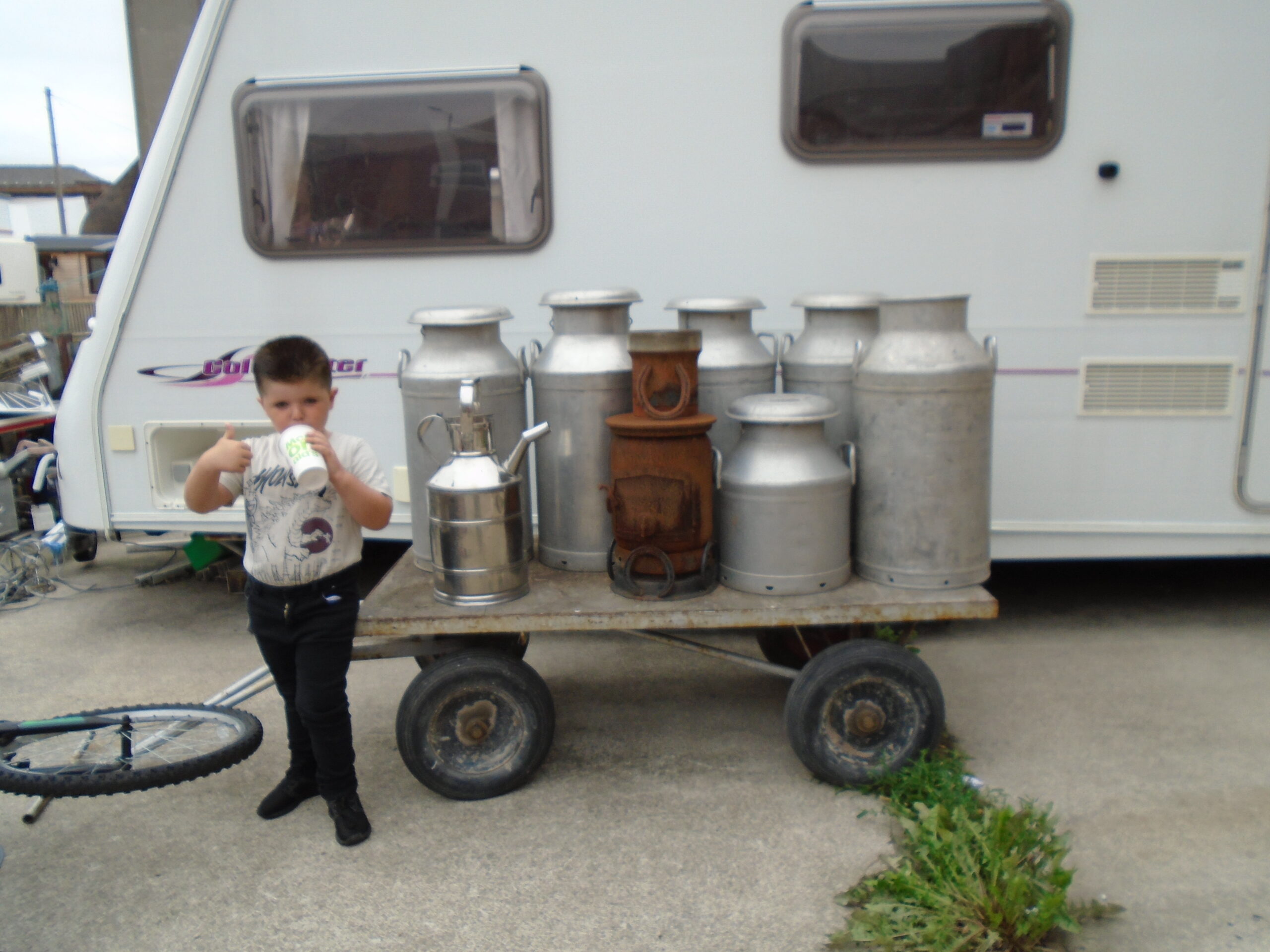<page originally published.
11 August 2022: update
In July 2021, Liverpool Irish Festival took part in a series of discussions alled ‘Firestarters’, run by Matchstick Creative. The series was designed to kickstart social change and offer transformative discussion and knowledge exchanges.
The report from these sessions has just been published (see here), featuring a quote from our Festival Director (see below). The session we featured in was called ‘Building Back Equal’. The conversation aimed to help sectors return to business post-Covid, but though creating better standards than before, helping create equity, which would in turn assisting social harmony and economic standards.
As we continue to work on a sector wide Race Equality Manifesto with Liverpool Arts Regeneration Consortium and Creatve Organisations of Liverpool, we continue to see how equity is something to be worked towards. We are not there yet, but -here at the Festival- we are still trying.
1 August 2022: update
Over the past few months, Liverpool Irish Festival has been working as part of a task group to create a manifesto for race equality in the arts in Liverpool and the wider region. Made up of members of Creative Organisations of Liverpool and Liverpool Arts Regeneration Consortia, we’re working together to create an active camapign, against which we can measure race equality improvement in our practices in meaningful and beneficial ways. It is the group’s intention to become signatories to the manifesto, which we will make public, to help hold one another to account for improved practices.
We have also been made aware of some practices that can help you to stay safe online whilst supporting Black LIves Matter and linked organisations. Read the article here.
Updated 27 May 2022
Liverpool Irish Festival has an ongoing commitment to anti-racist activity and the support of anti-racist work. We are proud that the city of Liverpool is hosting an anti-racist festival in 2022 and celebrate everyone who has come together to make that happen.
To see more about the coalition of support we are part of, via allies in Creative Organisations of Liverpool (COoL) and Liverpool Arts Regeneration Consortium (LARC), please visit this page. These groups are working together to create a joint statement about race equality, which will be cited here once complete.
It is worth noting that we remain dedicated allies of Baobab and -in its new structure- will become ‘Radical Friends’, supporting our Black African and global majority peers gain access to Black-led spaces whilst acting against white supermacist models, including abelism, xenaphobia, racism, gender inequality, etc.
Updated 22 April 2022
Progress update (June 2021)
Commitment
The Liverpool Irish Festival is an anti-racist organisation, striving to ensure inclusion across our programme. By understanding that #BlackLivesMatter, we recognise that we must continue to challenge assumptions. We must make representation and work to eliminate oppression based on race. Within this work are matters that concern us all. Here at the Festival, we are using our platform to include global communities by sharing work that represents multiple heritages and building programmes that help share knowledge, build acceptance and celebrate differences.
Representation
Our Black Lives Matter solidarity statement (below) is just one part of our work on representation, which includes building inclusivity agreements and expectations in to all our contracts; building a more diverse Board (including race, gender, sexuality, class and other intersectional aspects of life); generating an artistic programme that represents these intersectional aspects and using our voice to advocate for and champion diverse communities (Black, Irish, Irish Chinese, Scousers, etc) whenever we can and in keeping with our mission to bring Liverpool and Ireland closer together using arts and culture.
We always make sure our artist and audience demographics are transparent, using our Festival Review as a monitoring device for as many intersectional qualities as we can deliver, using contemporary evaluation methods.
Connection
The Festival is an active contributor to -and member of- groups we value as leading the way in the best (and most progressive) contemporary thinking and practice in these areas, including Creative Organisations of Liverpool, Cultural Connectedness Exchange Network and the Boabab Founation, among others. We take our role as active advocates and cultural champions seriously and make challenges, despite potential hardship. The right path is not always easy, but it is the most worthwhile and we are committed to using our voice to push for equality, equity and inclusion. We are challenging institutional and structural racism and ignorance (sometimes case by case) and driving for change as hard as we can in all apsects of our work, networks, community and outputs.
Actions
- We are undertaking comprehensive policy review to ensure that all policy provides strong anti-racist sentiment and accountability. This included our Artistic Policy, which can already be viewed here
- Set up the Cultural Connectedness Exchange Network to help Irish and Northern Irish creatives, especially with mixed and dual heritage, find representation in Irish and Northern Irish cultural spaces in England
- Undertaken Unconscious Bias and Equality Training with The Diversity Trust and Transgender Training with Transmissions Arts Project. Through these sessions we have identified a need to shift the labour of anti-racism from Black people to our own shoulders. Black Lives Matter is society’s fight and we need to increase our active alliance through action and activism
- Signed petitions and supplied letters of support to counter two cases of violence against Chinese community members, including attending sessions on Asian and East Asian hate crime and MP representation
- We are active members of an Equality, Diversity and Inclusion task group within Creative Organisations of Liverpool. We have also joined Baobab Foundation*
- Signed up to Inc Arts and are working through their diversity toolkit to improve the services we can. We recognise that our capacity and structure make certain changes difficult for us. For example, not being PAYE registered and having only one contracted role means it is complicated to fulfil all the ambitions of the toolkit and diversifying our team. However, we are working as hard as we can to align with best practices and make structural change where we can, via the lens of bringing Liverpool and Ireland closer together using arts and culture
- Written a number of funding applications to try to expand our team. If awarded, we will ensure the opportunities are shared broadly across the sector to ensure global majority communities are informed and welcomed to apply
- Worked to support and provide content for #IAmIrish’s #IrishRoots programme
- Continue to challenge oppression or ignorance when we witness it, including with national funding agencies. We have shown this in challenges on national strategy (such as about including festivals in national agendas) and in challenging assumptions, such as “all Irish people are white” or that “hate crimes don’t happen within white communities”. We are also advcates and representatives within our own networks, ensuring oppressed, isolated or previously silenced communities have an active ally
- Attended Tackling Race Disparities and Debating the Report’s Recommendations, regarding The Sewell Commission.
#BlackLivesMatter. #SayTheirNames (USA and UK).
*The Festival recently became a member of Baobab, a new foundation that seeks to do things differently by being led by the communities they intend to serve.
Following the #BlackLivesMatter demonstrations and the disproportionate deaths to Covid19, the Baobab Foundation was born with a desire to bring about real change to Black, ethnic minority people and other communities faced with racial injustice.
By bringing together and centering the voices of Black people and other communities facing racial injustice, we’re able to create an accountable, transparent, and collaborative body (The Baobab Foundation) that’ll be able to distribute funds to those often left out or excluded. If you’d be interested in learning more about Baobab here’s a one pager of how you can be involved and you can also sign up to become a member (free) here.
Black Lives Matter solidarity statement (issued August 2020)
- Introduction
On 2 June 2020 Liverpool Irish Festival began sharing #BlackLivesMatter notifications, including anti-fascist solidarity messages from peers about the brutal murder of George Floyd by a member of the Minneapolis Police Force. The Festival believes that the ongoing fight against racial injustice requires everyone’s support. The events between George Floyd’s murder and today have shown us that it is not enough to issue statements of solidarity. We have to do more: in our programmes, our staffing and governance and with audiences, partners and stakeholders.
The Festival will keep challenging and educating ourselves and will seek ways in which we can do better and contribute more effectively to the dismantling and eradication of institutional and societal racism.
We stand firmly with the promotion, vindication and assertion of the fact that #BlackLivesMatter.
- Recent activity
The Festival has questioned our practices and considered what we can do differently to affect positive change. We will continue expanding our dual-heritage lives programmes and working with Creative Organisations of Liverpool (COoL) members to develop programmes for Black History Month and the city. These programmes set multiple aims to develop community opportunities and generate greater understanding about tolerance, inclusion and eradicating systems of oppression.
For some time, Liverpool Irish Festival has been challenging ‘norms’ about Irishness and its place within the BAME framework, given the propensity for any discrimination or disadvantages that Irish people in Britain experience to be invisible and pass unrecognised. Our work with dual-heritage communities opens our work to Black community members, which we aim to build on, shout about and make specific invitations to.
We do not subscribe to or wish to engage in an ‘All Lives Matter’ debate.
- Programming
We are committing to developing work -annually- that encourages and necessitates Black engagement. Instead of a commitment to spend a specific percentage of funds on this work, we will actively develop accessibility and energetically embrace BAME diversity, disability, LGBTQI+ and neurodiversity within our programme. Our aim is that 25% of the annual programme (events, literature and web content features) will specifically address and involve these complex topics and communities. We will monitor related creative outputs against the total programme and report findings in the Festival Review, with a specific section on other minority ethnic communities and a direct address of #BlackLivesMatter.
Programme points
Therefore we will
- review how we commit resources to commission more Black, Asian and minority ethnic artists, curators, academics and researchers within our physical and online programmes
- review how we support existing platforms and networks led by Black, Asian and minority ethnic people, to amplify their work and extend context and reach
- ensure we are inclusive of Black people in our events, exhibitions and learning programmes
- invest in and support content that centres the experience of Black, Asian and minority ethnic people by supporting the artists and creatives who are already doing this work, seeking active partnerships, commissioning new work and sharing the work of others across our social media platforms
- host and engage in conversation with artists, audiences and local communities to explore the use of our platform and networks to effect real change in our city and the sector.
- Contracts and Agreements
The Festival wants to centre ethics and equity in our choice of those suppliers who provide us with services and materials. We commit to supply our #BlackLivesMatter statement, as standard, with all Liverpool Irish Festival issued contracts, augmenting our existing ‘partnership agreement for inclusivity’, meaning those we work with commit to supporting #BlackLivesMatter agendas.
- Recruitment
The Festival will work hard to create opportunities to make our staff team (and the freelance creatives we contract), more representative of the communities in which we work. As a matter of priority, we will review how we recruit and appoint permanent and freelance, temporary and voluntary contractors and staff. We will consult on our organisational language to better understand what barriers we may, unconsciously, create. Supplemtenting this work, we will review how to appoint Black, Asian and minority ethnic people people as Trustees to increase representation on our Festival Board.
- Conclusion
We are working to open ourselves to change and be positive and active allies in the #BlackLivesMatter campaign. We recommend learning more about the movement, local issues and pursuing self-exploration into unconscious bias and other forms of institutional racism.
As creative producers and community representatives, the Festival recognises its potential to strengthen communities, enrich lives and transform thinking. We take this role seriously and hope this statement evidences our intention to improve systems, support Black people and take on active advocacy in pursuing equity. Most importantly, we hope it drives home that #BlackLivesMatter.
Reading and resources
Donate
Read about and other resource lists
#BlackLivesMatter watch and watch lists

